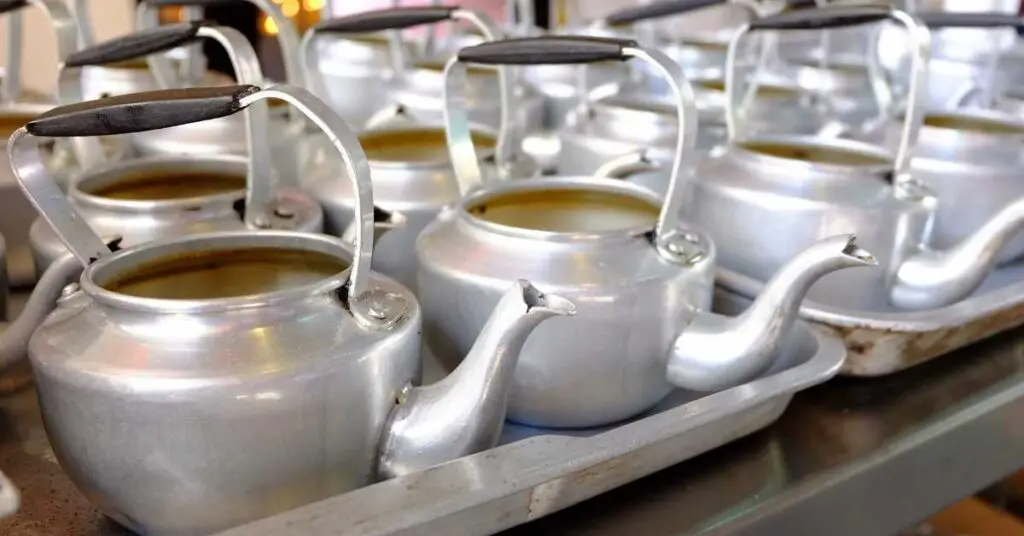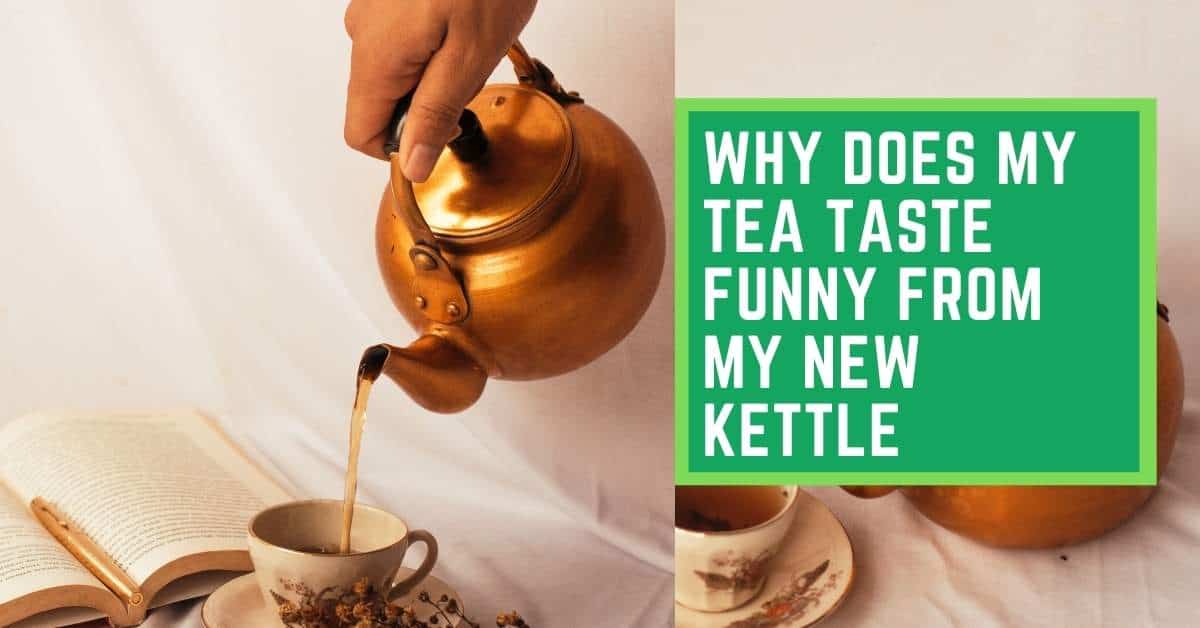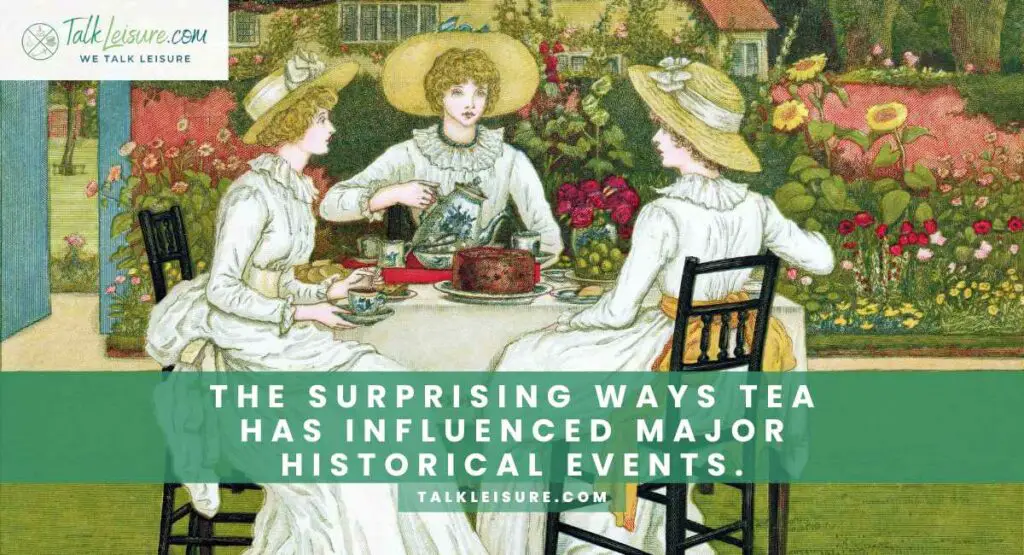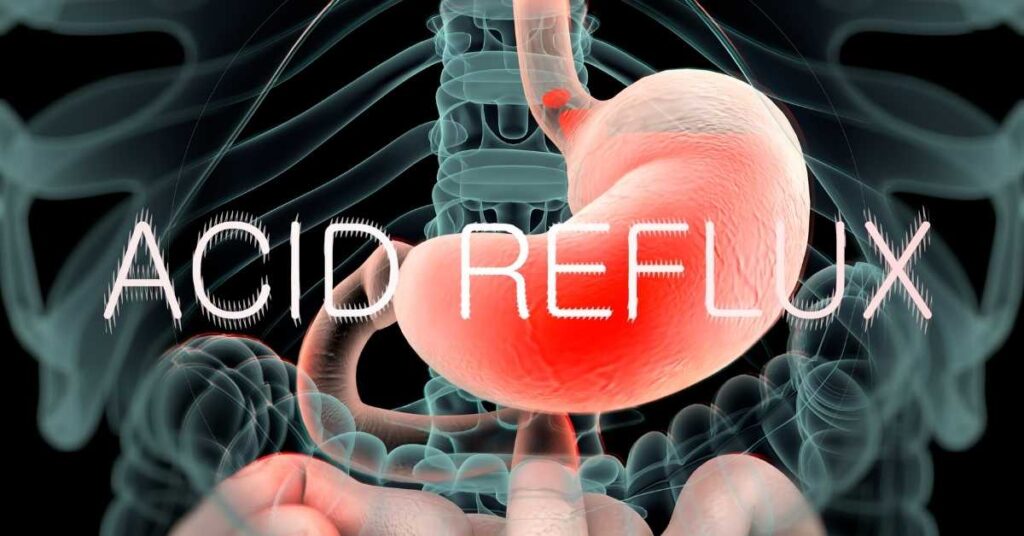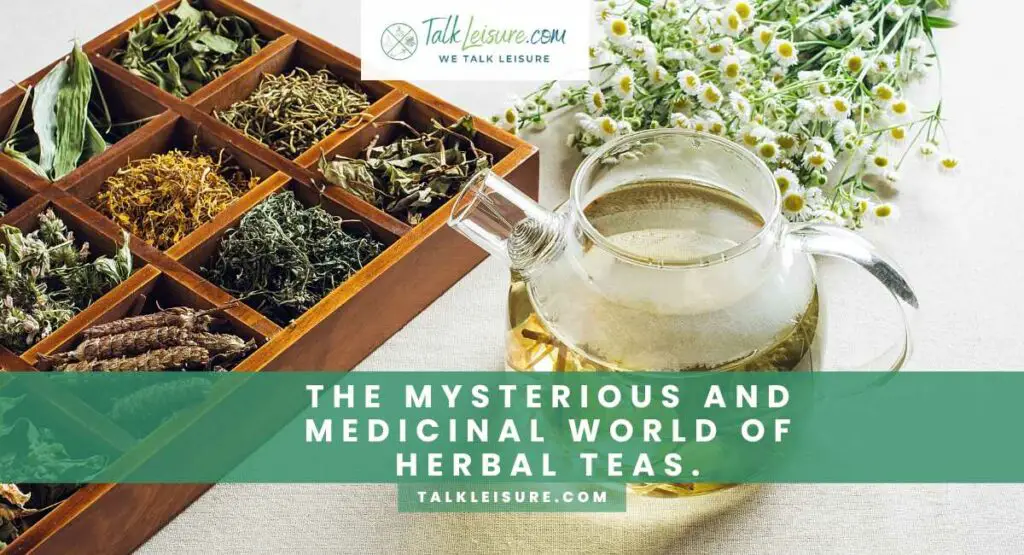A kettle is a household appliance typically used to heat water for cooking or brewing tea or coffee. Electric kettles were first introduced in the early 1900s, and they quickly became a kitchen staple due to their convenience and efficiency. Today, there are many different types of kettles available on the market, from simple electric models to more advanced versions with features like automatic shut-off and temperature control. No matter what your needs are, there is sure to be a kettle that is perfect for you. So why not start your day with a hot cup of tea or coffee made with water that was heated in your very own kettle?
When it comes to boiling water, most people reach for an aluminum tea kettle without a second thought. However, aluminum kettles may not be as safe as they seem. When water is boiled in an aluminum pot, the metal can leach into the water.
This is especially true if the water is acidic, such as lemon juice or vinegar. While the amount of aluminum that leaches into boiling water is relatively small, it can still pose a health risk. Aluminum exposure has been linked to Alzheimer’s disease, and some research suggests that it may also be harmful to pregnant women and unborn babies. For these reasons, it’s best to avoid using aluminum kettles altogether. Stainless steel or glass kettles are a safer choice for boiling water.
What kettle materials are good?
There are a few things to consider when purchasing a tea kettle, but the material it is made out of is definitely one of the most important factors.
The two most popular materials for kettles are glass and stainless steel, and both have their own advantages.
Stainless steel kettles are very durable and resist both heat and fire well. They also don’t tend to hold onto flavors or smells, making them a good choice if you want your tea to taste consistent.
Glass kettles offer good visibility and usually look cleaner than stainless steel. They can also be easier to clean, since there are no nooks and crannies for dirt or grime to build up in. However, glass is not as heat-resistant as stainless steel, so you’ll need to be careful not to overheat it.
Ultimately, the best kettle for you will depend on your personal preferences. But if you’re looking for a safe, reliable option, either glass or stainless steel kettles would be a good choice.
Types of tea kettles to avoid:
There are a few different types of tea kettles to avoid if you’re looking for the perfect kettle for your home.
Plastic kettles:
Plastic kettles are generally made of lower-quality materials and are more likely to break or crack over time. They can also leach chemicals into your water, which can be harmful to your health. If you’re looking for a safe and durable kettle, plastic is not the way to go.
Aluminium kettles:
Aluminium kettles are not as safe as they seem. When water is boiled in an aluminium pot, the metal can leach into the water. This is especially true if the water is acidic, such as lemon juice or vinegar. While the amount of aluminium that leaches into boiling water is relatively small, it can still pose a health risk.
Copper kettles:
Copper kettles are beautiful and have a long history, but they’re not the best choice for boiling water. Copper is a very reactive metal, so it can leach into your water if it’s not properly coated. This can be harmful to your health, so it’s best to avoid using copper kettles.
Bright-glaze kettles:
Bright-glaze kettles are often made of lower-quality materials and can leach lead into your water. Lead is a toxic metal that can be harmful to your health, so it’s best to avoid using kettles with a bright glaze.
Exposed coils:
Kettles with exposed coils are not as safe as they seem. The coils can rust over time, and the water that comes into contact with them can become contaminated. For this reason, it’s best to avoid using kettles with exposed coils.
Electric kettles:
Electric kettles are becoming more popular, but they’re not necessarily the best choice for boiling water. The coils in electric kettles can rust over time, and the water that comes into contact with them can become contaminated. For this reason, it’s best to avoid using electric kettles.
Health risks associated with aluminum tea kettles
While aluminum kettles are a popular choice for boiling water, there are some health risks associated with them. Aluminum exposure has been linked to Alzheimer’s disease, and some research suggests that it may also be harmful to pregnant women and unborn babies. For these reasons, it’s best to avoid using aluminum kettles altogether. If you do use an aluminum kettle, be sure to clean it regularly to minimize your exposure to the metal. You should also avoid storing hot water in the kettle for extended periods of time, as this can cause leaching of aluminum into the water. By taking these precautions, you can help reduce your risk of health problems associated with aluminum exposure.
The drawbacks of using an aluminum tea kettle
While aluminum tea kettles are a popular choice for many people, there are some drawbacks to using them. One of the main concerns is that when water is boiled in an aluminum pot, the metal can leach into the water. This is especially true if the water is acidic, such as lemon juice or vinegar. While the amount of aluminum that leaches into boiling water is relatively small, it can still pose a health risk.
Aluminum has been linked to a number of health problems, including Alzheimer’s disease and cancer. For this reason, it’s important to be aware of the potential risks before using an aluminum tea kettle. If you do decide to use one, be sure to clean it regularly to minimize the amount of aluminum that leaches into your water.
Conclusion
Aluminum tea kettles are a popular choice for many people, but they can pose a health risk. The metal can leach into the water, especially if the water is acidic. Aluminum exposure has been linked to Alzheimer’s disease and cancer. For these reasons, it’s best to avoid using aluminum kettles altogether. If you do use one, be sure to clean it regularly to minimize your exposure to the metal. You should also avoid storing hot water in the kettle for extended periods of time. By taking these precautions, you can help reduce your risk of health problems associated with aluminum exposure.

